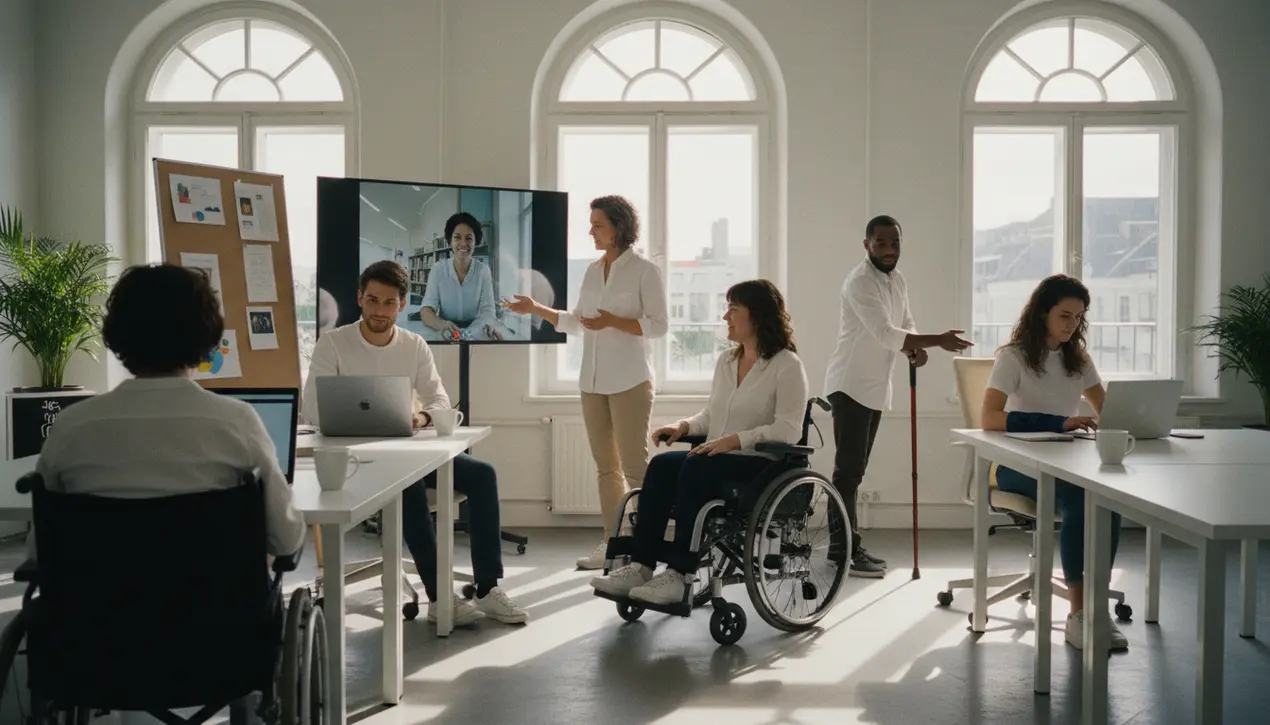
PoliticslegislationLabor and Employment Laws
Hybrid working could help get more disabled people into work, peers say
AN
Anna Wright
2 hours ago7 min read1 comments
In a move that could fundamentally reshape workplace inclusion, a House of Lords committee has issued a clarion call to ministers, urging them to formally integrate remote and hybrid working models into back-to-work initiatives as a strategic lever to empower disabled individuals and carers. This isn't merely a suggestion for flexible hours; it’s a profound recognition that the very architecture of work—where and how it is conducted—has historically been a barrier to a significant portion of the population.The committee's report, emerging from a cross-party consensus, challenges the government to explicitly state whether it has considered weaving this modern workstyle into its policy fabric, a question that strikes at the heart of equality in the post-pandemic era. For countless individuals managing disabilities or long-term health conditions, from chronic pain to autoimmune disorders, the daily commute and the physical demands of a traditional office are not minor inconveniences but insurmountable hurdles.The pandemic inadvertently created a vast, real-world pilot for remote work, proving that productivity doesn't vanish outside the cubicle farm. Yet, as many corporations now champion a forced return-to-office, they risk slamming shut a door that had just opened for a community long marginalized by rigid employment structures.This push from the Lords is reminiscent of broader feminist critiques of workplace policy, which argue that true equity requires accommodating different lives and bodies, not forcing everyone into a one-size-fits-all model. The personal impact here is immense; imagine a single mother caring for a disabled child, or a person with mobility challenges for whom a two-hour daily journey is a physical impossibility—hybrid work isn't a perk for them, it's a passport to economic participation.The government’s response, or lack thereof, will be a telling indicator of its commitment to building an economy that works for all its citizens, not just the abled-bodied. By failing to actively encourage and normalize these arrangements, ministers are implicitly endorsing a status quo that excludes talent and perpetuates dependency.We’ve seen this story before with the slow, fought-for integration of ramps and accessible bathrooms; remote work is the digital ramp for the 21st-century workplace. The Lords committee is essentially asking: will the government help build it, or will it once again leave a segment of society waiting at the bottom of the stairs?.
#featured
#hybrid working
#remote work
#disabled employment
#back-to-work initiatives
#House of Lords
#government policy
Stay Informed. Act Smarter.
Get weekly highlights, major headlines, and expert insights — then put your knowledge to work in our live prediction markets.
Related News
Comments
Loading comments...
© 2025 Outpoll Service LTD. All rights reserved.









